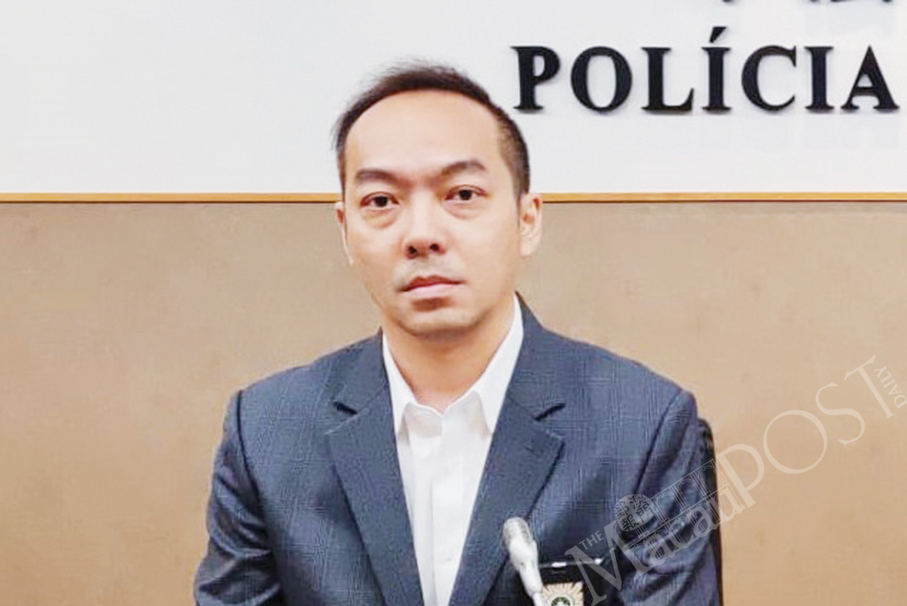Last week’s visit by Fu Ziying, the central government’s highest-ranking official based in Macau, to the University of Saint Joseph (USJ) and courtesy call by a USJ delegation on Macau’s first chief executive, Edmund Ho Hau Wah, who is now a state leader in his capacity as a vice-chairman of the National Committee of the Chinese People’s Political Consultative Conference (CPPCC), can only be described as “significant” and “amicable,” as a source of the Catholic Diocese of Macau told me yesterday.
I think both visits on the same day, on Wednesday morning (USJ campus) and afternoon (Ho’s office), were not only significant and amicable but also very much welcome by anyone who would like to see a rapprochement between two of the world’s giants.
China is a giant in terms of its population (1.4 billion) and its sheer economic might. It will soon be the world’s biggest economy ahead of the US. Well, that’s nothing really new since China was the world’s number-one economic power until the late 19th century. And China is also a cultural heavyweight, considering that some 18 percent of the global population speaks Chinese.
And the Catholic Church is a giant in religious and organisational terms. With its flock of 1.3 billion it is the biggest Christian denomination (well ahead of the world’s around 900 million Protestants) – and it even has its own state, the Vatican (Status Civitatis Vaticanae in Latin), which measures just 49 hectares but is a diplomatic colossus, considering that it has diplomatic relations with 183 countries (the UN has 193 member states).
Well, the crux of the issue is that diplomatic ties between Beijing and the Vatican were severed in 1951 and the Vatican still maintains “official” relations with Taipei. Of course, that’s an anachronism, particularly since September 2018 when the Chinese government and the Vatican signed a historic agreement concerning the appointment of bishops in mainland China.
As a non-Catholic (I grew up in a Lutheran family but have been an agnostic since my university years), I am not a directly interested party. However, as a long-time Macau resident I would like to see the two giants re-establish diplomatic ties for the simple reason that they are long overdue and, most importantly, can be expected to benefit Catholics in Macau (many of my friends are members of the 30,000-strong flock of the local diocese) and elsewhere in China, the mainland in particular.
Pope Francis – a real doer – seems to be determined to formalise the bilateral rapprochement by finally reopening diplomatic relations between the two sides, notwithstanding the Trump administration’s blatant pressure. Joe Biden’s possible victory in next month’s US presidential election would probably lower the pressure by Washington on the Vatican, considering that Biden is a devout Catholic (Trump has described himself as a non-denominational Christian).
Macau has quite possibly played a role in bringing Beijing and the Vatican closer to each other. Unlike some segments of its Hong Kong counterpart, the local diocese has steered clear of anti-China rhetoric. A late friend of mine, Father Lancelote Rodrigues, who passed away in 2013, carried out charitable work in the mainland at a time when relations between Beijing and the Vatican were still rather chilly.
The local diocese, which was set up in 1576, is the third-oldest in the Far East, after those in Beijing (1307) and Quanzhou (1313) which, however, proved relatively short-lived, and so the one in Macau is the oldest existing one in the Far East and one of the oldest among the world’s about 3,000 Catholic dioceses.
If Macau did indeed even play only a minor role in the rapprochement, it would still be more proof of our city’s historic position as a hub between East and West. At some point in the future, perhaps, we will know… – Harald Brüning




